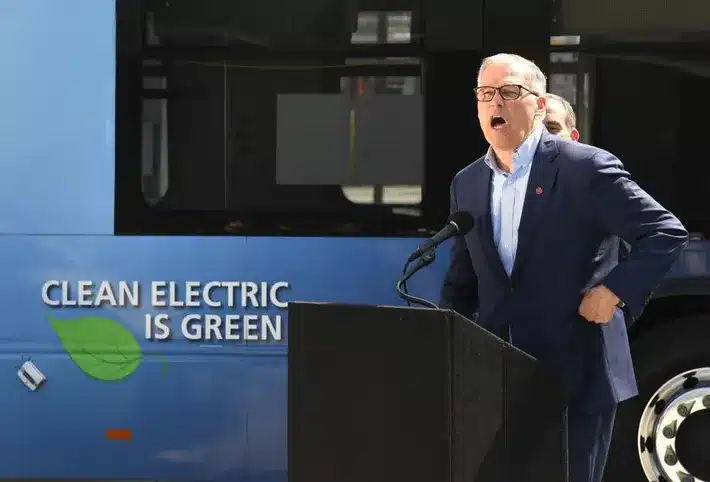Al Gore Leverages AI to Monitor 660 Million Polluters

Former Vice President Al Gore has unveiled a groundbreaking initiative aimed at combating air pollution. His nonprofit organization, Climate Trace, has launched a new tool that utilizes artificial intelligence to monitor fine particulate pollution from over 660 million sources globally. This innovative project seeks to raise awareness about the severe health risks associated with air pollution, which claims the lives of approximately 10 million people each year. By providing detailed data and visualizations of pollution sources, Climate Trace aims to empower communities and drive action against environmental hazards.
AI-Powered Pollution Tracking
The newly launched tool by Climate Trace represents a significant advancement in tracking air pollution. By leveraging artificial intelligence, the organization can now provide precise data on fine particulate matter (PM2.5) emissions from a vast array of sources worldwide. This initiative was inspired by Gore’s experiences in Memphis, Tennessee, where he witnessed the detrimental effects of pollution from a nearby refinery on local neighborhoods. The tool not only offers raw data on major polluters but also visual representations of how PM2.5 pollution disperses around urban areas. Gore envisions that these plume visualizations will eventually be accessible on a global scale, enabling communities to understand the pollution they are exposed to.
Understanding the Health Risks
While the connection between fossil fuel combustion and climate change is widely recognized, the health implications of fine particulate pollution are less understood. Research indicates that PM2.5 exposure is linked to a range of serious health issues, including lung cancer, heart disease, and even neurological disorders such as Alzheimer’s and Parkinson’s disease. Recent studies have revealed that even legal levels of PM2.5 can lead to tens of thousands of premature deaths annually in the United States alone. Gore emphasizes the importance of raising awareness about these health risks, hoping that increased public knowledge will lead to stronger advocacy for cleaner air and a transition away from carbon-intensive energy sources.
Historical Context and Future Implications
The early research into the health impacts of PM2.5 was significantly influenced by scientists like Joel Schwartz, whose work contributed to the ban on leaded gasoline. Gore believes that by highlighting the health consequences of fossil fuel pollution, there is potential to create a political climate conducive to change. He argues that increased awareness can foster conditions that encourage the transition to cleaner technologies and reduce reliance on polluting facilities. This shift could ultimately lead to a healthier environment and improved public health outcomes.
The Role of Collaboration and Innovation
The collaboration between Climate Trace and Carnegie Mellon University has been pivotal in developing this pollution tracking tool. The ability to monitor 662 million pollution sources globally would have been unimaginable without the advancements in artificial intelligence. Gore notes that the extraordinary capabilities of AI have made it possible to compile and analyze vast amounts of data effectively. As the initiative progresses, it aims to not only inform the public but also motivate policymakers and industry leaders to take decisive action against air pollution, paving the way for a cleaner, healthier future.
Observer Voice is the one stop site for National, International news, Sports, Editor’s Choice, Art/culture contents, Quotes and much more. We also cover historical contents. Historical contents includes World History, Indian History, and what happened today. The website also covers Entertainment across the India and World.
Follow Us on Twitter, Instagram, Facebook, & LinkedIn

